As a formally trained computer scientist with a plant biology research background, I develop AI-integrated approaches for monitoring ecosystems at scale with the help of foundation models — AI models that make sense of large-scale but noisy data with limited guidance. With these foundation models, I aim to uncover the effects of rapid environmental change on species and improve ecological forecasting of the natural world. To do so, I leverage diverse and widely available data sources including remote sensing and citizen + community science to ultimately create models of biodiversity that are accurate and useful for conservation decision-makers around the world.
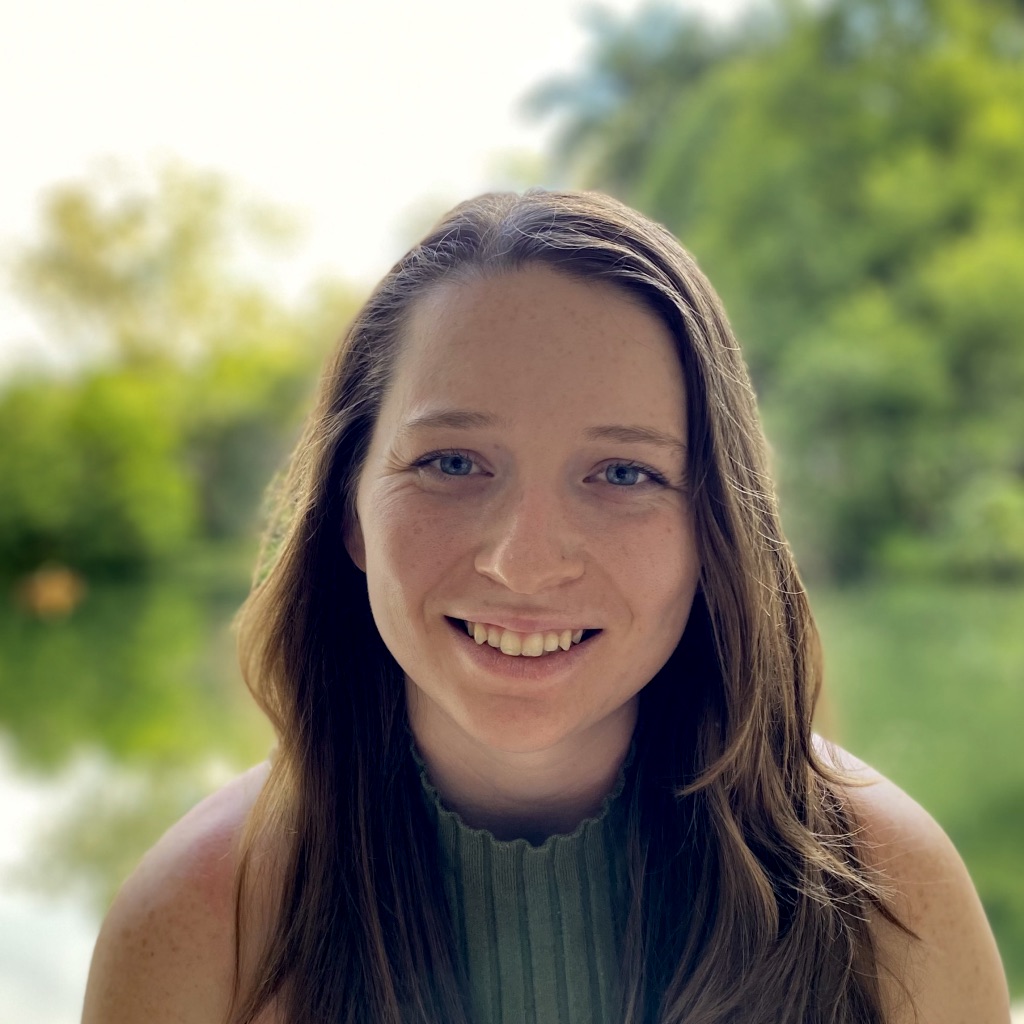
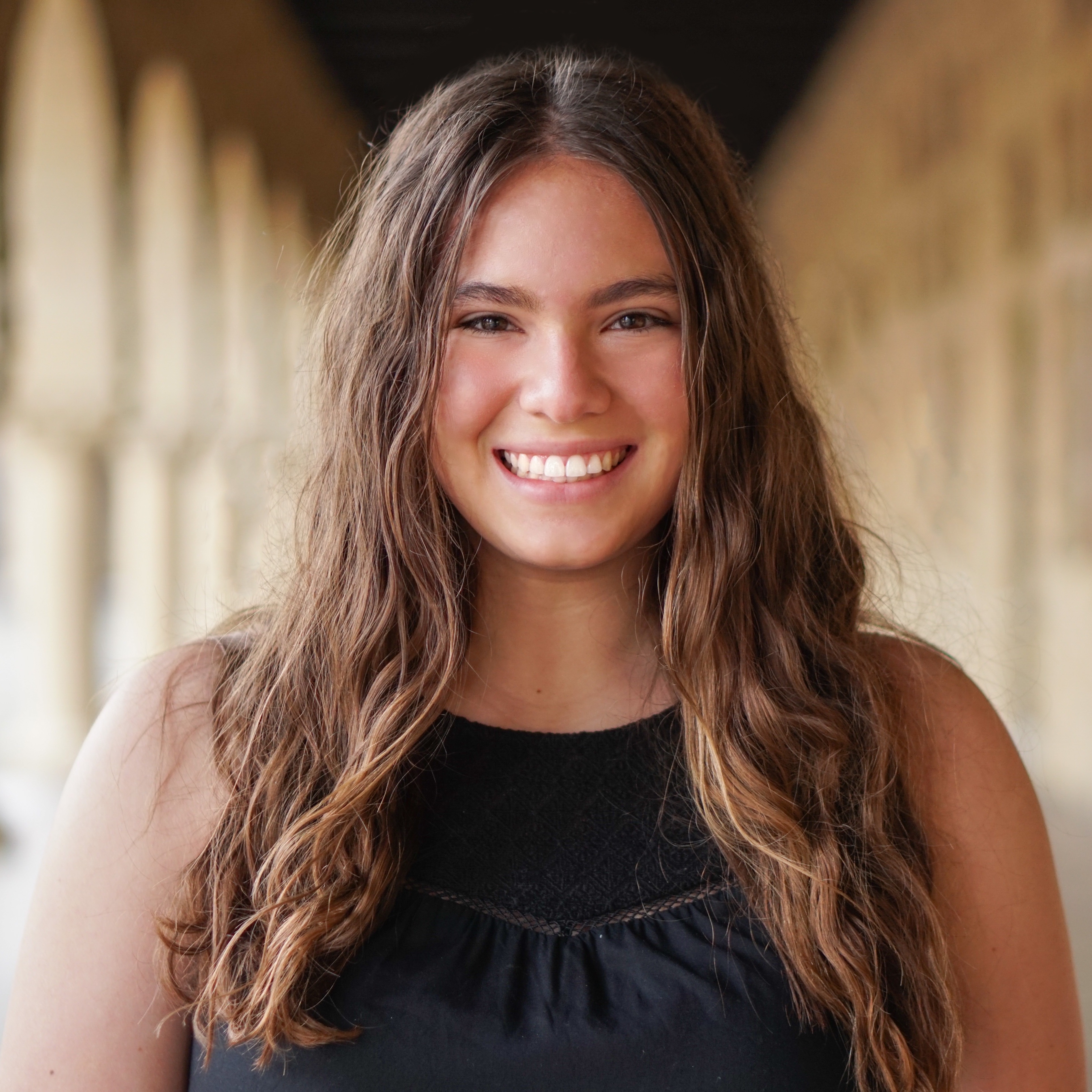
Former Master’s student, Stanford University • Now: EECS PhD, MIT
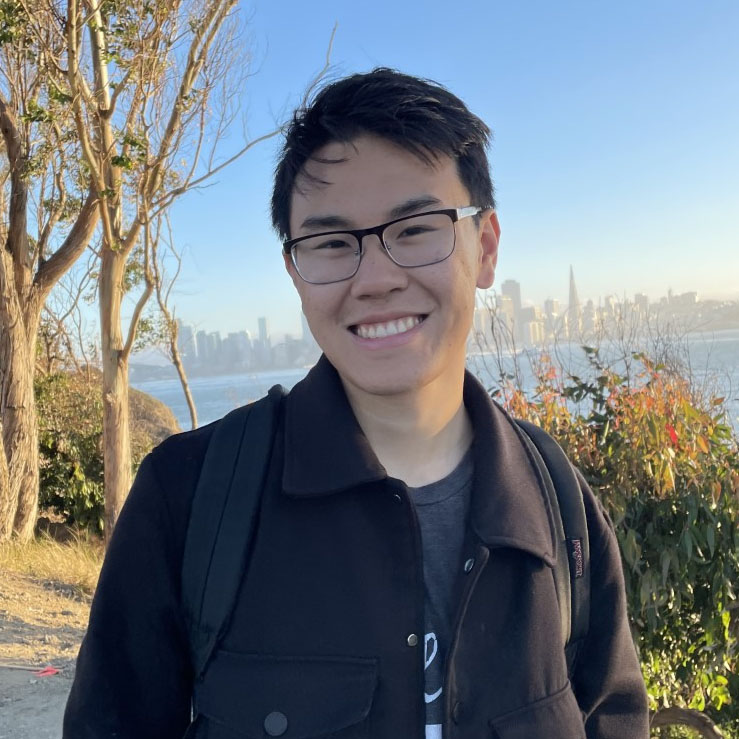
Former Master’s student, Stanford University • Now: AI Engineer, Stemuli
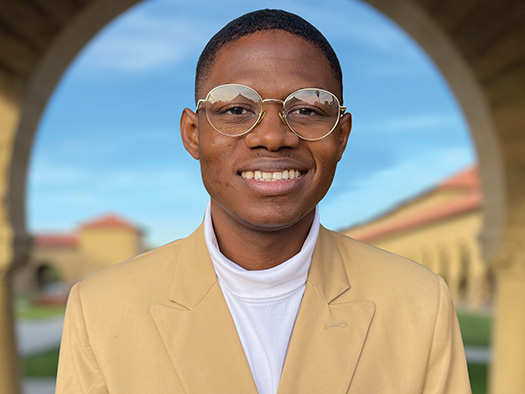
Former PURE student, Stanford University Now: Software Engineer, Google
Ultimately, I'm interested in understanding how ecosystems—especially vegetation—are changing and adapting to the Anthropocene. To do so, I'm interested in ways we can leverage AI, remote sensing, citizen + community science, and in-situ data collection to track ecosystems and operationalize decision-making in the face of rapid change. These pursuits ultimately touch on themes spanning geospatial data science to ecosystem science & management and conservation & restoration. Some research topics I'm currently exploring are:
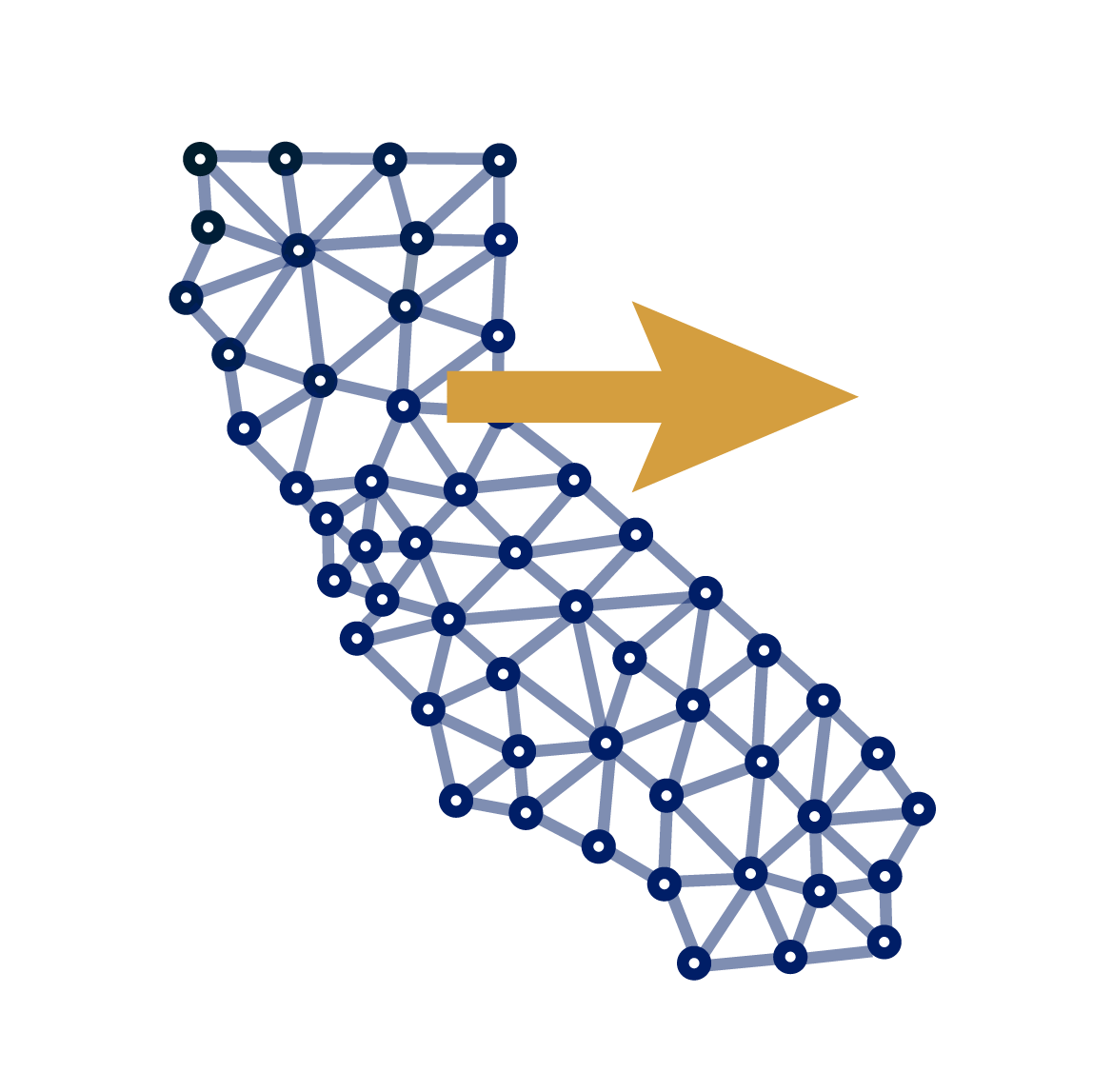
Research question: Where is vegetation change occurring most quickly across California, what communities are most seriously affected, and can we uncover the underlying drivers?
METEOR Postdoc 2025
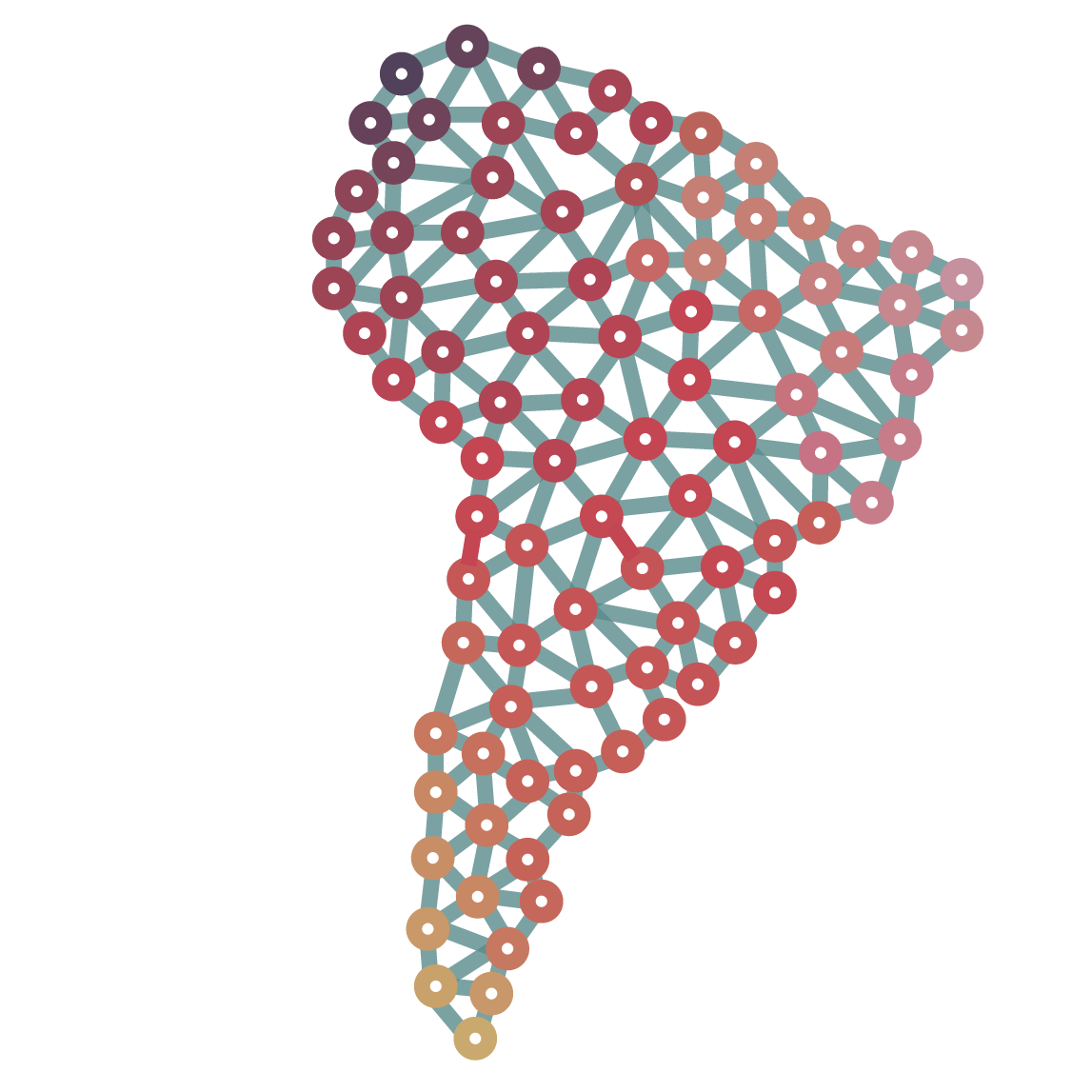
Research question: Can we map at fine scale vegetation communities and their change across Brazil's semiarid ecosystems with deep learning from sparse floristics records and remote sensing?
Fulbright Fellowship 2024
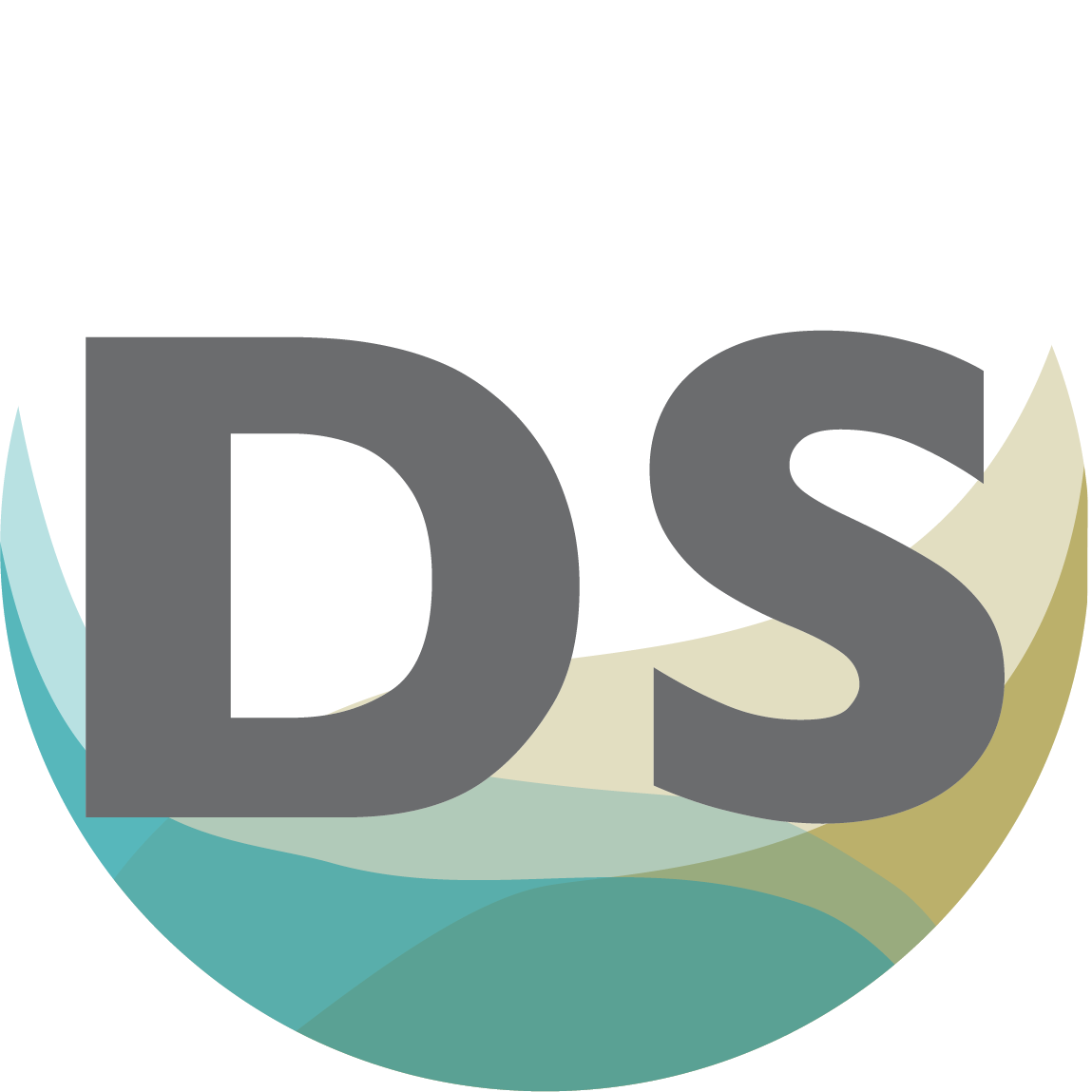
Research question: How do known spatial, temporal, taxonomic, observation quality, and sociopolitical biases in citizen + community science biodiversity data affect computer vision model performance?
AAAI-25* best paper award, Stanford SuDS 2025
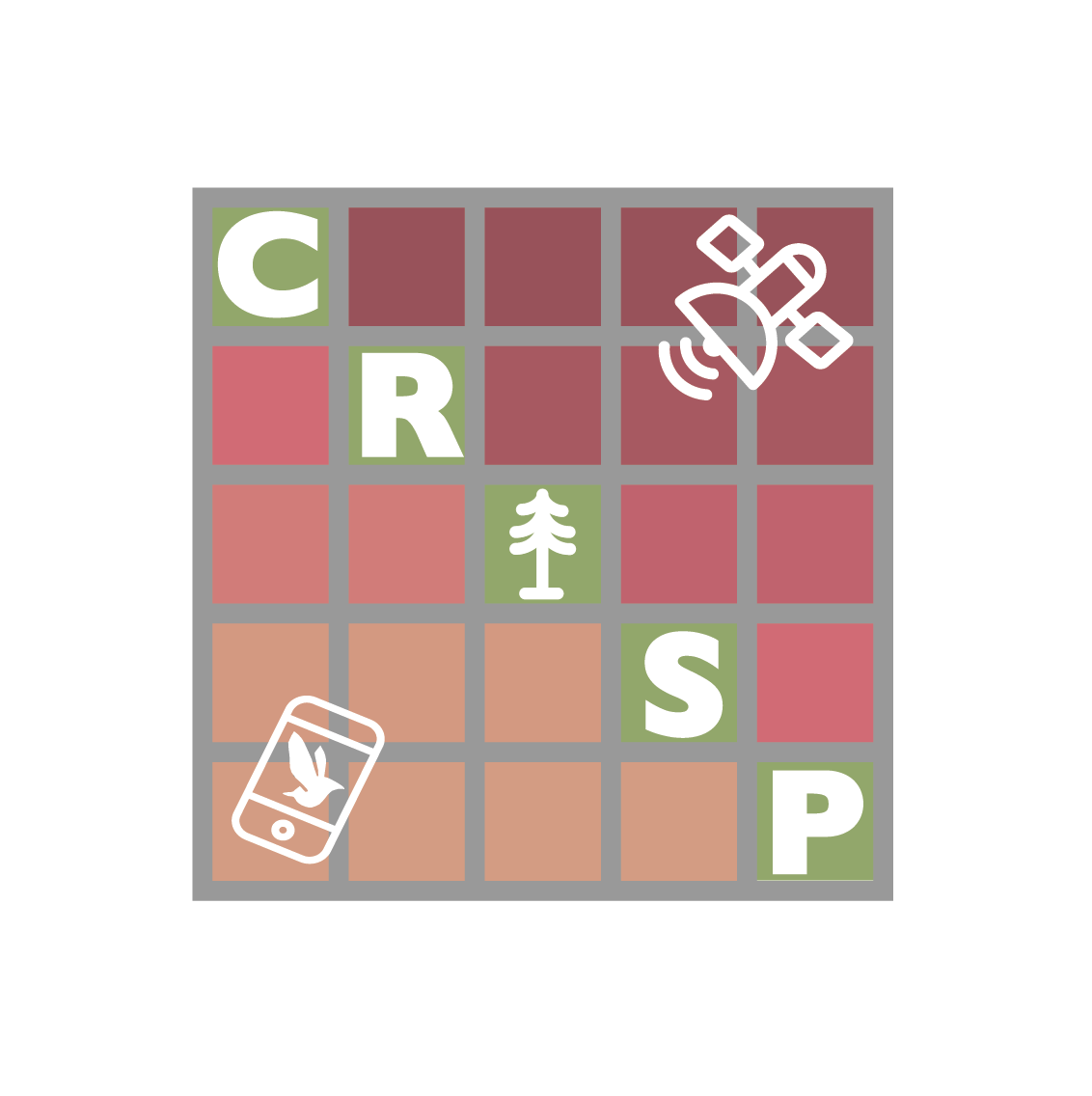
Research question: Can we leverage representation learning to augment sparse but high-quality biodiversity observations using natural world imagery from multiple views?
ECCV 2024, Stanford SuDS 2024
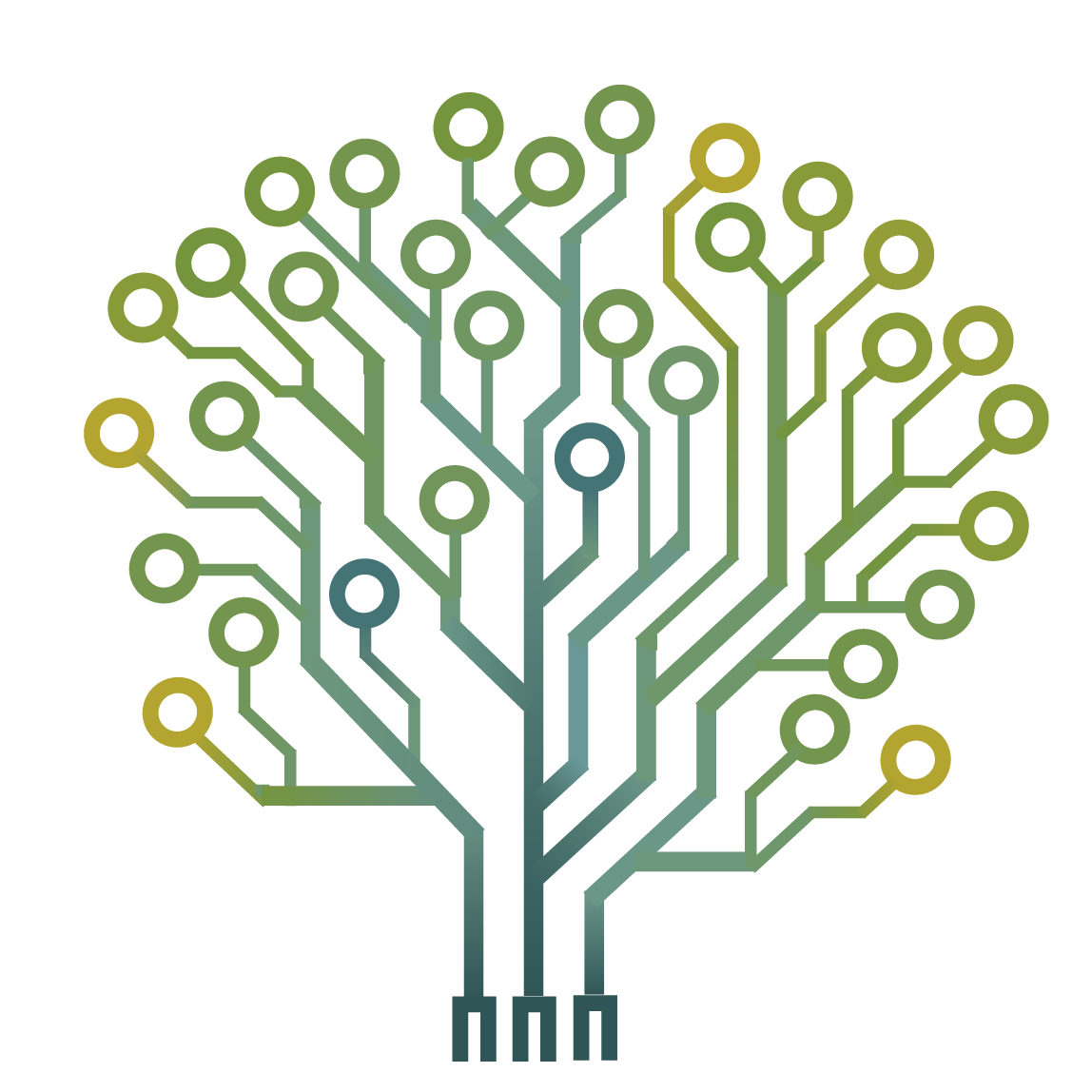
Research question: How can we use deep learning, remote sensing, and citizen science data to map plant communities and their ranges at high resolution in both space and time?
PNAS 2024, ESA 2023, ESA 2022, TWG 2021, AGU 2021, AGU 2020
| Scientific Data 2025 |
Plant traits and associated ecological data from Afromontane grasslands of Maloti-Drakensberg, South Africa [Link] |
| bioRxiv 2025 |
Deep Multi-modal Species Occupancy Modeling [Link] |
| Biogeosciences 2025 |
Automated mask generation in citizen science smartphone photos and their value for mapping plant species in drone imagery [Link] |
| PhD Dissertation |
Biodiversity monitoring at scale with foundation models [Link] |
| AAAI 2025 |
DivShift: Exploring Domain-Specific Distribution Shifts in Large-Scale, Volunteer-Collected Biodiversity Datasets Awarded best paper [Link] * indicates first authors; † indicates student mentees |
| ECCV 2024 |
Contrastive ground-level image and remote sensing pre-training improves representation learning for natural world imagery [Link] * indicates first authors; † indicates student mentees |
| PNAS 2024 |
Deep learning models map rapid plant species changes from citizen science and remote sensing data [Link] |
| EDS 2024 |
Opening a conversation on responsible environmental data science in the age of large language models [Link] |
| Science 2022 |
Genetic diversity loss in the Anthropocene [Link] |
| arXiv 2021 |
On the Opportunities and Risks of Foundation Models: Environment and Ethics of Scale sections [Link] |
| March 2026 | I'll be giving seminar at WUSTL's Ecology and Evolutionary Biology Graduate Seminar Series. |
| December 2025 | I'll be giving a keynote at the Imageomics Workshop at NeurIPS 2025. Be sure to tune in to hear more about my ongoing work and PhD opportunities in my new lab! |
| October 2025 | I'm giving a talk at the U-M Symposium on Human-Centered AI about how foundation models can help us augment human expertise for biodiversity monitoring. |
| September 2025 | I'll be speaking at MIT LIDS Computing and Sustainability seminar. You can find a recording of the talk here. |
| September 2025 | I'll be giving a keynote at LifeCLEF 2025 talking about the power and pitfalls of foundation models for ecological monitoring. |
| August 2025 | I'll be starting as an assistant professor in the School for Environment and Sustainability at the University of Michigan, Ann Arbor in Fall of 2026. Go Blue! |
| June 2025 | I've defended my dissertation and am now officially Dr. Gillespie! 🎉 |
| May 2025 | To learn more about my fieldwork in Brazil, you can find a deeper dive on my Fulbright Grant from the TomKat Center. |
| April 2025 | I've been selected as a METEOR Fellow and will be joining MIT as a postdoc in July! |
| February 2025 | DivShift won an outstanding paper award at AAAI-25! Stop by our oral presentation or poster to learn more. |
| December 2024 | The Land Around Us documentary is officially live! A huge thanks to Vicky for helping our Ethics, Society and Technology Hub grant idea become a reality. |
| October 2024 | I'm at ECCV 2024 presenting CRISP as a main track poster. Be sure to drop by if you're around! |
| September 2024 | Deepbiosphere has been published in PNAS! For a TL;DR of the work, be sure to check out the paper's commentary, and our coverage in the Berkeley News and California Magazine |
| February 2024 | My Fulbright Grant has officially started! You can read more about my project from my alma mater Southwestern here. |
| December 2023 | I'm participating in the 7th Plant Functional Trait Course in Drakensberg, South Africa. I'm excited to learn more about plant functional traits and leaf spectroscopy from such a great teaching team! |
| June 2023 | I've been awarded a Fulbright Grant and will spend 2024 on leave from Stanford researching how to monitor Brazil's plant biodiversity from the skies at the Federal University of Minas Gerais. |
| September 2022 | Our work on the mutations-area relationship was accepted to Science! For a quick overview of the work, check out this perspective and for a discussion of the implications, check out this interview |
| January 2022 | Our seed grant was selected for funding by the Ethics, Society and Technology Hub! Stay tuned for more updates as we explore ethical questions in conservation through the medium of film. |
| October 2021 | I gave a guest lecture on remote sensing and deep learning for answering climate change-related environmental questions at Muskingum University. Thanks especially to Dr. Alisa Neeman for the invite! |
| August 2021 | The foundation models report is live on arXiv. Specifically, check out the Environment and Ethics sections, which I helped co-author. |
| July 2021 | I've been selected for the 2021 TomKat Graduate Fellowship for Translational Research! |
| June 2021 | We just finished kicking off our first gathering of the BlackAIR Summer Research Grant program recipients! Thanks again to Black in AI for supporting this all-important program. |
| June 2020 | I'm thrilled to be joining the MoiLab and begin my journey in tackling big open issues in ecology, genetics, and conservation biology with machine learning! |
| April 2019 | I'll be joining Stanford CS in the Fall of 2019 pursuing a PhD in Computer Science! |
| April 2019 | I'm beyond honored to have been selected as an 2019 NSF Graduate Research Fellow! |
| December 2018 | I'm honored to have been selected as a CRA 2019 Outstanding Undergraduate Researcher! |
| October 2018 | I'm thankful to have won an undergraduate student poster presentation award at SACNAS 2018! |
| Neural Computation |
Limiting Dynamics of SGD: Modified Loss, Phase Space Oscillations, and Anomalous Diffusion [PDF] |
| 2018 ALIFE |
Changing Environments Drive the Separation of Genes and Increased Evolvability in NK-Inspired Landscapes [PDF] |
| 2018 GECCO |
Querying across time to interactively evolve animations [PDF] [Link] [Code] [Slides, etc.] *GECCO Travel Scholarship Recipient |
| 2017 SIGHPC |
Understanding Congestion on Omni-Path Fabrics [PDF] [Link] *HPC Travel Scholarship Recipient |
| 2017 GECCO |
Comparing direct and indirect encodings using both raw and hand-designed features in tetris [PDF] [Link] [Code] [Slides, etc.] *SACNAS 2018 Student Presentation Award |
Website design inspired by Gabriel Poesia